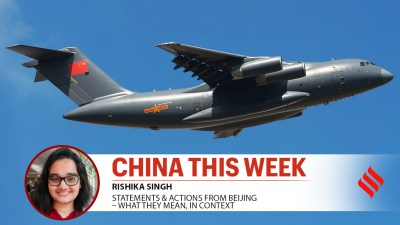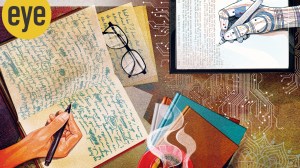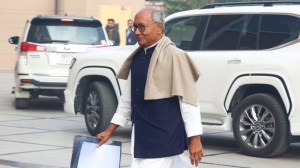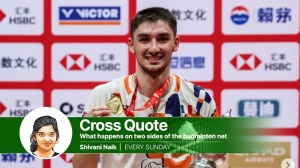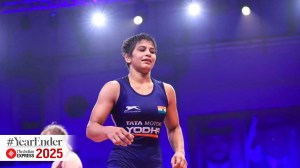DD146;s Bodyline tactics
In directing Ten Sports to share with Doordarshan DD the signals for the second ODI between India and Pakistan, the Supreme Court has only...

In directing Ten Sports to share with Doordarshan DD the signals for the second ODI between India and Pakistan, the Supreme Court has only confused what should have been a clear reading of a business contract. Two years ago, the Pakistan Cricket Board PCB invited bids for TV rights for all international cricket to be played in its territory over the next five years. The Dubai-based Taj Entertainment Network, the company that runs Ten Sports, won the contract. Written into its arrangement with the PCB was the selling of signals to PTV, the state-owned Pakistani network. When the Indian cricket tour of Pakistan was cleared, DD decided it wanted to show the matches and offered to buy signals from Ten Sports but was turned down. Next it lobbied with the PCB and the Indian government, threatened and cajoled anyone it could, sought to use the Ten Sports-PTV agreement to suggest a sort of divine right for the national broadcaster. Finally it went to court.
There are three broad issues here. One, DD is claiming to act in 8220;public interest8221;. This is a bit of an ambiguous term, true, but it is not known to incorporate piracy. After the court directed Ten Sports to share signals with DD for the first ODI in Karachi, the state-owned Indian network gleefully announced it had earned advertising revenue worth Rs 10 crore from that one game. Obviously, 8220;public interest8221; is also profitable! For the second match, mercifully, the apex court has directed DD not to interpolate its own advertisements but retain that of Ten Sports. Two, does the Indian legal system have adjudicatory rights over TV signals generated outside India, sold by Pakistani principles to a Dubai company? Each time an Indian sports team goes abroad, will DD use the 8220;public8217;s right to see8221; as a force majeure to armtwist the legitimate broadcaster, be it ESPN or Channel 9, BBC or, well, the Bermuda Broadcasting Corporation?
Three, this summer, the Board of Control for Cricket in India BCCI plans to sell rights to all cricket to be hosted by it till 2009. Is this deal already a non-starter? What is the point buying 8220;exclusive8221; rights from the BCCI if the matches will also, perforce, be telecast on DD? In 1993, when the BCCI sold the rights for the Hero Cup to Transworld International, DD similarly played dirty and forced the government to deny TWI uplinking facilities. It took a protracted court battle to both free the airwaves and set off cricket8217;s commercial revolution. DD cannot be allowed to set the clock back.
- 01
- 02
- 03
- 04
- 05


